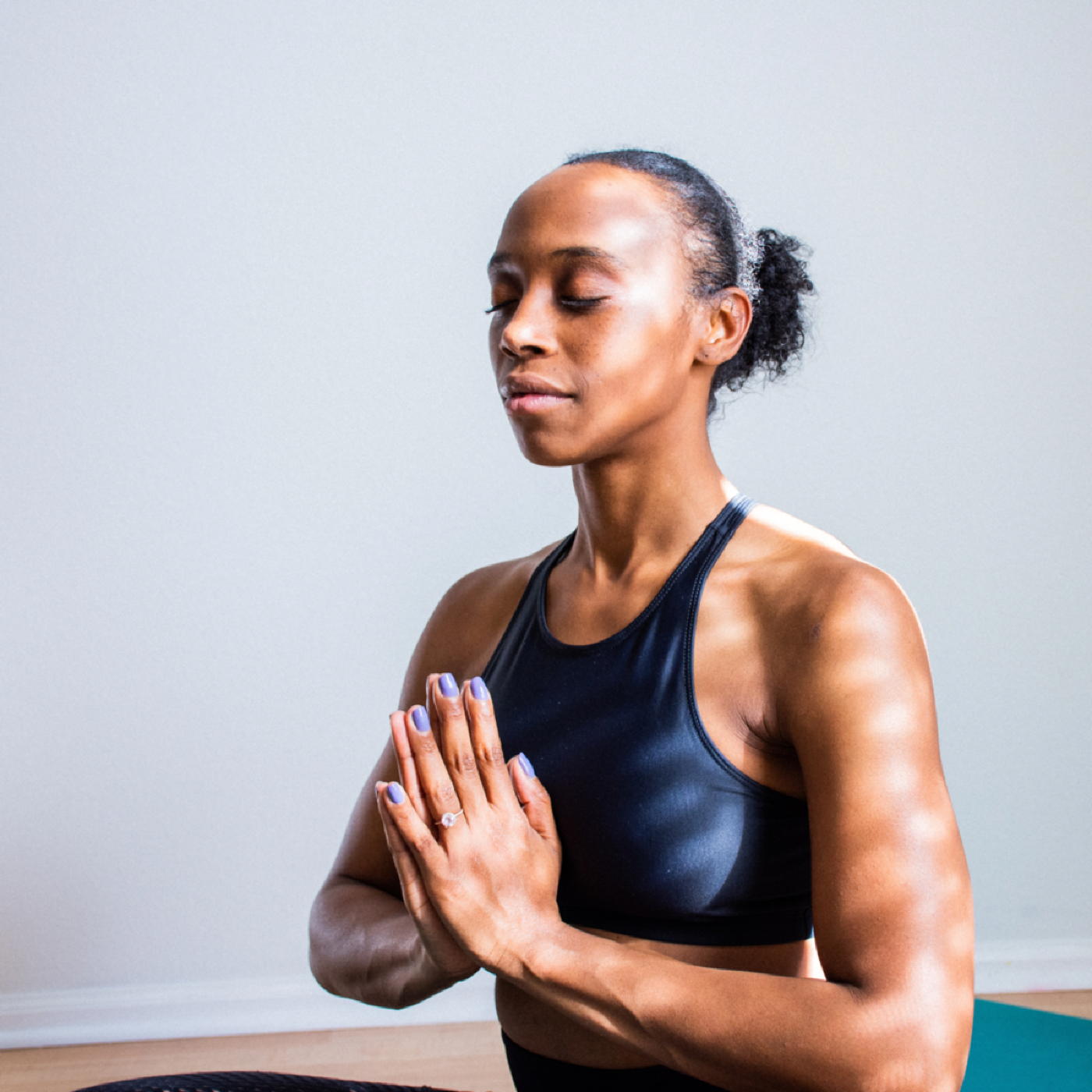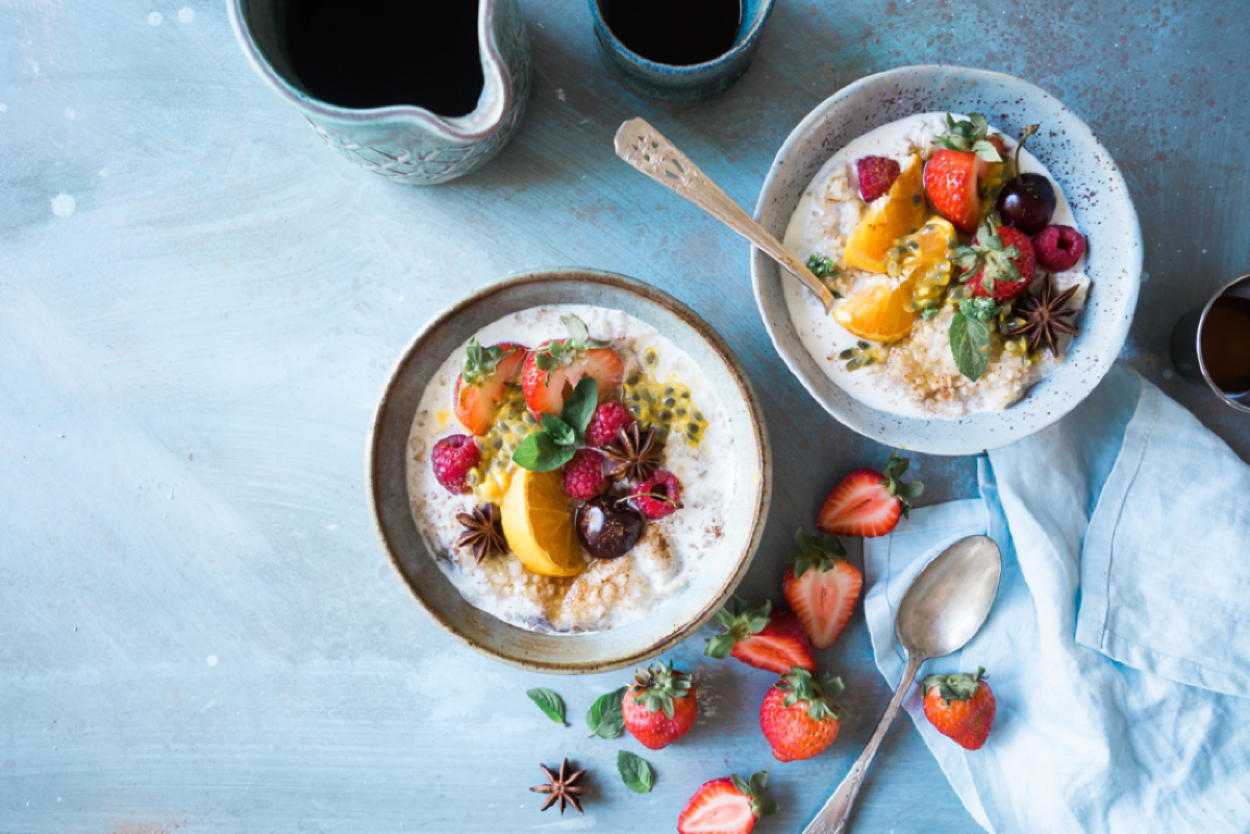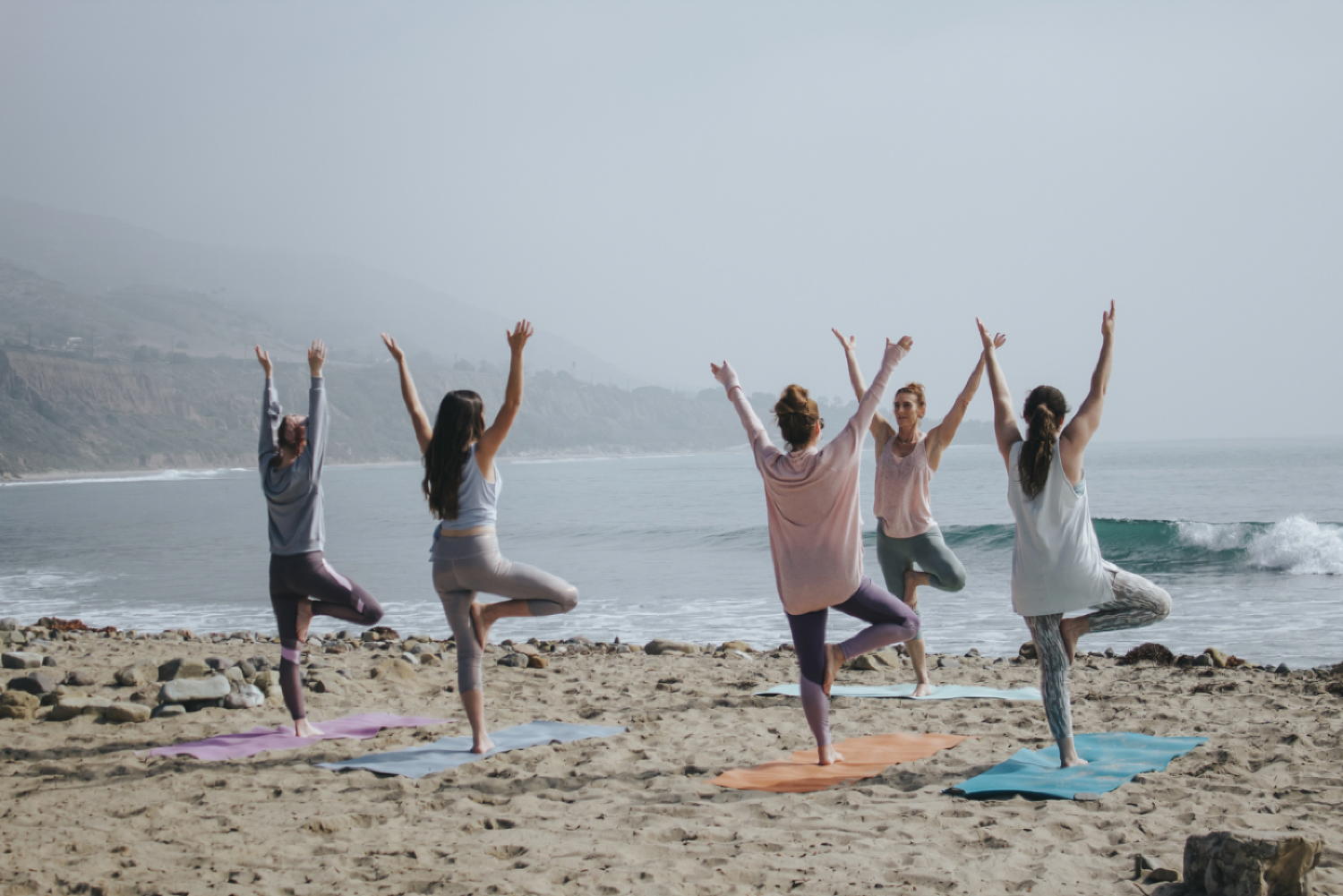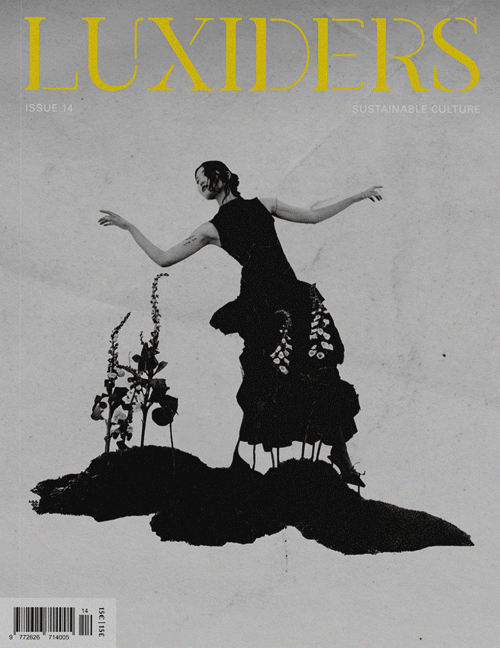
The Future of Wellness
Wellness is becoming increasingly popular, but what does the future of Wellness really look like? We look at the current state of the Wellness industry, and listen to experts predict what will change within the Wellness sector in the future. If you’re interested in nutrition, architecture, fitness, travel, health, or mindfulness, then keep reading!
The popularity of Wellness has been on the rise for the past decade, but where is this industry heading? What are some potential new developments, and what might fade out of vision? We listen to experts weigh in on nutrition, architecture, fitness, travel, health, and mindfulness. It is evident that technology is a large part of the future of Wellness. The products we can expect to see will consider the user as an individual, taking into account how the product might fit into their life. We hope to see products that are inclusive, considering how all people can make use of them. Here, we predict what the future of Wellness will look like in the coming decade, and the new innovations we have to look forward to.


NUTRITION
In The Global Wellness Trend Report 2021, Beth McGroarty predicts that supplements and vitamins that claim to boost the immune system will be abandoned in favour of ‘evidence-based’ approaches ‘with metabolic health, the microbiome, and personalized nutrition leading the trend’. The focus will be on a balanced diet that aids the immune system rather than supposedly quick-fix tablets.
Saying this, it seems that there are dietary trends aimed towards benefitting overall health. Jessica Moulton, McKinsey Wellness expert, thinks that by 2030 we will see people reading labels more often. What will they be looking for? Moulton thinks people want to see less sugar, and more plant-based foods.
We have seen the popularity of plant-based diets greatly increase in the past decade, with more vegans and vegetarians than ever before in the UK. Though 14% of adults currently follow a meat-free diet in the UK, a further 12% intend to become vegetarian, vegan or pescatarian in 2021. We can only agree with Moulton and expect these figures to increase year by year.
Overall, we think people will make more conscious choices with what they eat. We can expect to see people’s awareness of the effect of nutrition on health increase. This will result in more label checking, more plant-based eating, healthier choices, and personalised nutrition. Want to learn about the Plant-based Superfood Pyramid? Click here.
ARCHITECTURE
Architecture is expected to be developed in line with our Wellness in the future. Founding Principal of Vera Iconica Architecture and Developments, Veronica Schreibeis Smith, says, ‘In recent years, cross-disciplinary studies demonstrated the connection between the built environment and our physical health and wellbeing. In 2021, look for spaces designed to make sacred and numinous moments part of our consciousness and wellbeing.’
The work that Delos does is an example of ‘Healthier Buildings’ being developed. From air, to light, to water, they consider what people are exposed to in their time in buildings. They consider the effect of these elements on our well-being, and thus design their structures to give us the best respiratory, cardiovascular, immune and cognitive health. They say, ‘Through years of research with world-renowned experts at leading institutions such as the Mayo Clinic and Cleveland Clinic, along with evidence-based innovations designed to enhance physical, mental and social well-being, Delos elevates health and well-being as central values in the built world’.
We think this is an exciting innovation for the future of Wellness. The places we live and spend our time in need to be adapted to centre our needs, and nurture both our physical and mental health.

MINDFULNESS
Mindfulness has been becoming increasingly popular, but what does the future of mindfulness look like? We expect to see more mindfulness and meditation apps, tech that monitors you and prompts you when to practice mindfulness, and an increasing openness to accept such practices.
In terms of the technology we use to practice mindfulness, Statista reports that the revenue of meditation apps is expected to show an annual growth rate of 18.61%, resulting in a projected market volume of US $9,914.80m by 2025. Manish Chopra, McKinsey Wellness expert, expects technology to go further than this. He says, ‘In 2030, a typical day for a professional could start off with either an offline or online yoga or meditation class. At whatever time in the evening, the wearable device would start saying, “Listen, you need to quiet your mind now”.’
Both Chopra, and Beauty and Health Editor at Large at W Magazine, Sandra Ballentine, push away from fad-like or gimmicky mindfulness practices. Ballentine says, ‘Breathwork used to sit squarely in the woo-woo side of wellness, but today top medical schools agree that how we breathe has a profound impact on our physical and mental health’. She goes on to predict that in 2030 ‘breath parties and festivals are the place to be’.
TRAVEL
Covid has had a drastic impact on the way that people travel. It was the cause of many cancelled trips, and the reason why lots of people have not been abroad in years. But how will this turn affect the future of Wellness?
Well, we can expect that people will start to make more mindful, Wellness related trips. According to Business Wire, the global market for Wellness Tourism is projected to reach USD $1.2 Trillion by 2027, growing at a CAGR of 6.6% over the period 2020-2027.
Frugal Traveler columnist for the New York Times, Elaine Glusac, predicts that that travel will be rebooted for the better. She says, ‘The next trend? Look for all travel to become wellness travel as manic getaways are replaced by slower, closer and more mindful experiences. The over tourism epidemic will be challenged, tentative travel will become a new buzzword, and people will strive to leave a place better off than they found it’.
So it looks like the future for travel will be that it will become increasingly interested in Wellness. Wellness resorts and spas may become more popular, with people seeking respite and relaxation in their holidays rather than tourism.


HEALTH AND FITNESS
It seems that in terms of health, technology will take the forefront with apps allowing you to communicate with doctors and order medication. McKinsey expert Anna Pione says, ‘[I see] the concept of devices moving from the doctor’s office into the home. The pharmaceutical products of today will become the over-the-counter, easily accessible products of tomorrow.’ Not only this, but sleep technology will allow further insight to how we sleep and how it will affect our day and our health.
On the other hand, McKinsey expert Eric Falardeau predicts that gyms aren’t going anywhere. Though the future is full of technology, there is still a desire for in person gym classes and equipment. He says, ‘I definitely don’t see a world where there are just at-home solutions, without gyms or studios’. He also adds that ‘Tracking will play a very strong role in motivation, guidance, and coaching’. It appears that technology will still play a large role in the fitness future.
Technology allows us to get a personalised insight to our health, and this will only grow over the next decade. We will be able to make individual Wellness choices based on the data we get from this technology.
+ Words: Emma Dahl, Luxiders Magazine






